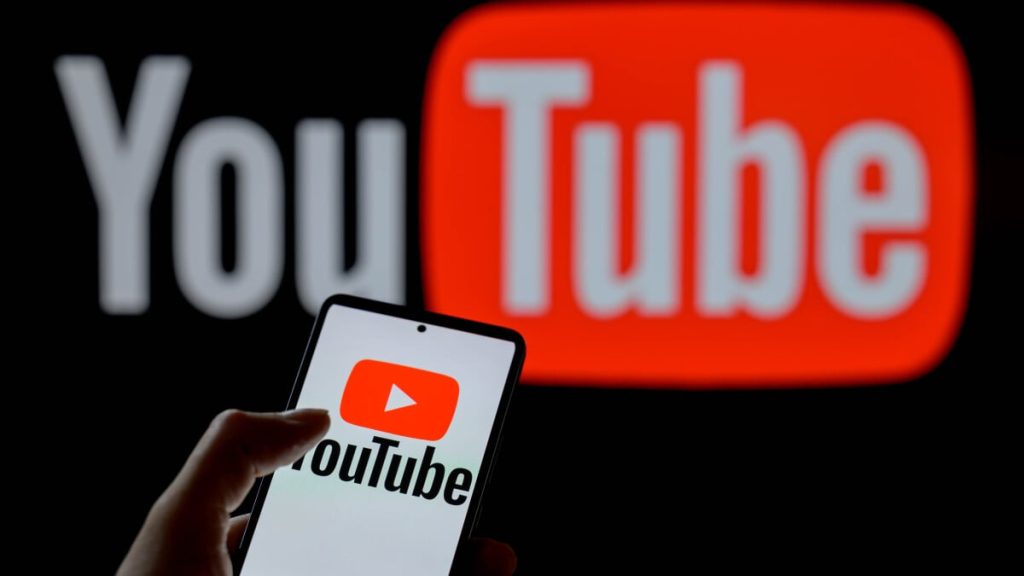YouTube is building tools to detect AI-generated likenesses of artists like actors and musicians, the company’s vice president of creator products Amjad Hanif wrote in a blog post this week. Hanif also repeatedly expressed that YouTube is “committed” to the responsible development of AI tools.
The first of the new tools is “synthetic singing” identification within Content ID, a system of identifying copyrighted music that launched in 2007. Mashable reported back in 2016 that YouTube has paid billions of dollars to rights holders through Content ID, and Hanif reiterated that in this post.
The new technology will apparently be able to detect AI-generated voices of musicians’ likenesses. A pilot program is set to start next year.
Mashable Light Speed
YouTube is also developing technology to detect AI-generated content showing the faces of actors, creators, athletes, and the like.
In addition to this announcement, Hanif addressed YouTube and Google (which owns YouTube) using uploaded content to “improve the content experience” through machine learning and the development of AI tools. The company is “committed” to this being “done responsibly,” though specifics aren’t given. The post also states that the site has implemented safeguards for the use of YouTube’s own generative AI tools like Dream Screen, such as preventing certain prompts that violate its policies (though it doesn’t explicitly say which prompts).
YouTube is also (once again) committed to assuring that third-party apps respect YouTube’s Terms of Service, which prevent certain uses of creator content like scraping.
“We’re committed to working with our partners to ensure future advancements amplify their voices, and we’ll continue to develop guardrails to address concerns and achieve our common goals,” Hanif wrote.
Topics
Artificial Intelligence
YouTube


